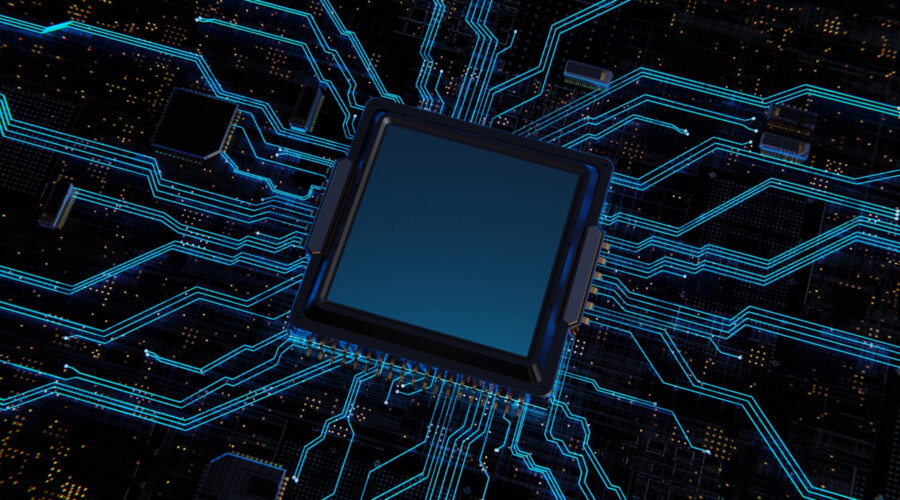With primary season starting up, the Republican candidates are traveling around the nation, making stump speeches, kissing babies, and spending millions. Is this staple of American politics a showcase for democracy? Or does it just exacerbate ideological polarization in the U.S.?
The race for the next Republican Presidential nominee is officially on. Iowa and New Hampshire held the first of several dozen Presidential primary contests to come.
The Presidential primary has long been a staple of American politics. Every four years, hopeful candidates campaign intensively to win their party's nomination. They make road stops, give stump speeches, eat corndogs, kiss babies, and spend millions in small towns across the United States. For many, the primary process is American democracy at its best.
Other countries have followed suit. Italy, France, Belgium, Chile, Uruguay, and South Korea are just a few of the countries that are home to primary contests.
The prominence of primaries is rooted in the belief that these contests are good for democracy. Advocates argue that primaries offer citizens direct exposure to the people who might govern them. In the United States, primaries held in small states force candidates to speak directly to the concerns of those constituents who might otherwise go unnoticed. Primaries also encourage voters to spend time getting to know the candidates who court them. And because they generate a lot of media buzz, primaries can also stimulate first-time voters to register.
But primaries are not without their critics. Partisan primaries have been blamed for skewing electoral contests towards the ideological fringes. Because most centrist voters and independents don't participate in primaries, candidates have little choice but to cater to extremists. Blaming primaries for rising polarization, groups like Arizona's Open Government Coalition support doing away with partisan primaries altogether.
As the Republican Party embarks on its latest series of primary contests, how do you weigh in? Do primaries enhance the democratic process? Is American democracy stronger as a result? And are the candidates we nominate the better for it?
Photo Credits in order of Appearance:
Linda
Marie
Jack
E. Kightlinger
Pete
Souza/White House
Eduardo
Frei Ruiz Tagle
IowaPolitics.com
Dwight
Burdette
Tony
Sayegh
tlsmith1000
r0b0r0b
Gage
Skidmore
Joe
Mabel

